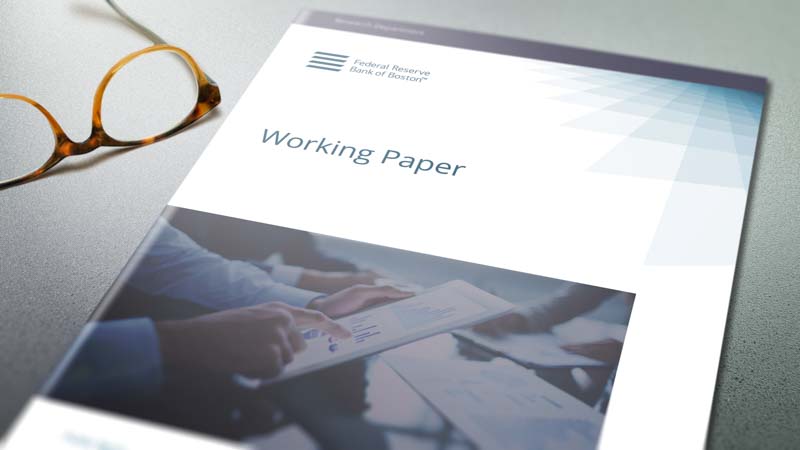#1) You said you don't know anyone who is good with money that is poor
#2) We don't teach people how to budget. Parents may but teachers do not.
#3) Teach everyone how to open a bank account and manage money
Do the above and you will significantly reduce poverty. Education is the key. Fish for a man and you feed him for a day. Teach a man to fish and you feed him for life.
All corporate management is usually well educated and some specialize in business management.
All corporate management should have learned how to create a budget and manage their budgets.
All corporate management should know how to open a bank account and manage not only their money but also their corporation's money.
Why do we have Institutional corporate welfare?
“Nothing in this world can take the place of persistence. Talent will not; nothing is more common than unsuccessful men with talent. Genius will not; unrewarded genius is almost a proverb. Education will not; the world is full of educated derelicts. Persistence and determination alone are omnipotent. The slogan Press On! has solved and always will solve the problems of the human race.”
― Calvin Coolidge

www.shrm.org
